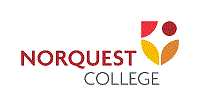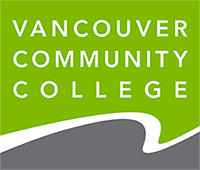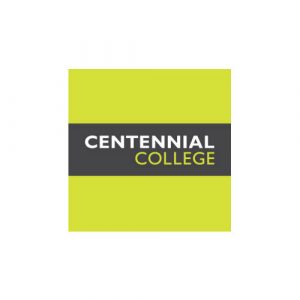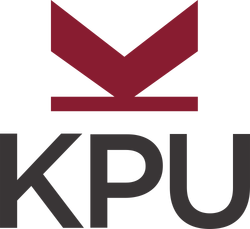Discover the heart of New Zealand, where the unique and magical Māori culture combines colourful traditions, deep spirituality, and rich history. The Māori people, who are the original inhabitants of New Zealand, have shaped the country’s identity for many generations. Their beliefs, customs, and stories still have a strong influence today. They arrived in the country bringing with them a culture closely connected to the land, nature, and their spiritual beliefs. Understanding the heart of Māori culture will help you appreciate New Zealand’s rich history and how these traditions continue to shape the country’s identity. Māori culture’s history and values The Māori people’s journey to New Zealand is a story of strength and a deep connection to their roots. About 1,000 years ago, the Māori sailed from Polynesia to New Zealand in canoes, using the stars and ocean currents to guide them. When they arrived, the land’s thick forests, rolling hills, and rocky coasts influenced and further shaped their culture. Over time, their beliefs became closely connected to the land, and this spiritual link still affects Māori culture today. Māori mythology has many stories that show a strong connection with nature. One example is the story of Hineahuone, the first woman, who was created from the earth by Tāne Mahuta, the god of the forest. This story not only explains where humans come from but also shows why nature is so important. In Māori spirituality, the key idea is whakapapa or genealogy. This belief says that everything – the land, the sea, and the sky – is part of a connected family. This way of thinking guides how they see their relationship with the world. Respect for nature is an important part of Māori culture. Strong Māori traditions and customs At the heart of Māori culture is whānau, or family, which plays a big role in Māori customs. The concept of whanaungatanga emphasizes the strong connections between family and community, extending beyond just close relatives. For Māori, relationships are very important, and everyone in a community is seen as part of one big family. Traditional arts and crafts are another important part of Māori culture. Carving, or whakairo, is not just art; it is a way of telling stories about gods, ancestors, and nature. Kapa haka, the Māori performing arts, combines dance, song, and storytelling to bring Māori history to life in lively performances. Weaving is also important in Māori culture, creating beautiful designs used in spiritual objects, clothes, and mats. These arts help Māori stay connected to their ancestors and keep their history alive for future generations. Māori culture also places great value on food. People in New Zealand gather to share meals when they eat hangi, a traditional feast cooked in an underground oven. Making hangi is a team effort, highlighting the importance of sharing experiences and respecting food as a gift from the earth. The revival of Māori culture and language The Māori language, Te Reo Māori, has experienced a strong revival in recent decades. It was once at risk of disappearing, but now, thanks to special educational programmes and media, it is being passed down to younger generations. Māori language schools, known as kura kaupapa, play a key role in this effort, where students learn Te Reo and Māori traditions in an interactive setting. Te Reo is also being used more in TV, movies, and music, making it more popular today. This revival has given the language new life, ensuring it stays an important part of Māori culture. At the heart of this revival is the Māori cultural movement, where Māori people are working hard to keep their language, arts, and traditions alive. The goal is not only to revive the past but also to incorporate Māori identity into modern life. There is a growing pride in their heritage, shown through cultural events and Māori leaders in politics. Celebrations like Matariki, and the Māori New Year, which honours the stars and harvest, are examples of how Māori culture is shaping New Zealand’s national identity. The lasting charm of Māori traditions and culture Māori culture and customs show the beauty, strength, and deep spiritual connection that still influence New Zealand today. The Māori people’s rich heritage is an important part of the country’s identity, from their ancient stories and respect for nature to their lasting arts and community values. The Māori way of life is strong and continues to influence many areas of life in New Zealand, including politics and the arts, through the revival of the Māori language (Te Reo Māori) and the importance of family (whānau) and community (whanaungatanga). At Global Visa Support, you can get free access to programmes designed to help you move to New Zealand easily: http://globalvisasupport.com/nz.html. The team at Global Visa Support can help you improve your chances of quickly moving to New Zealand successfully: http://www.globalvisasupport.com/contacts.html.






